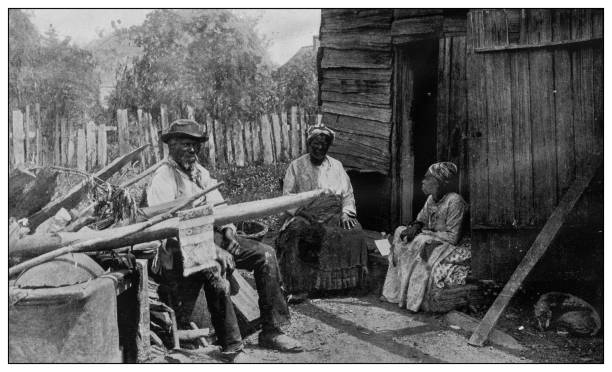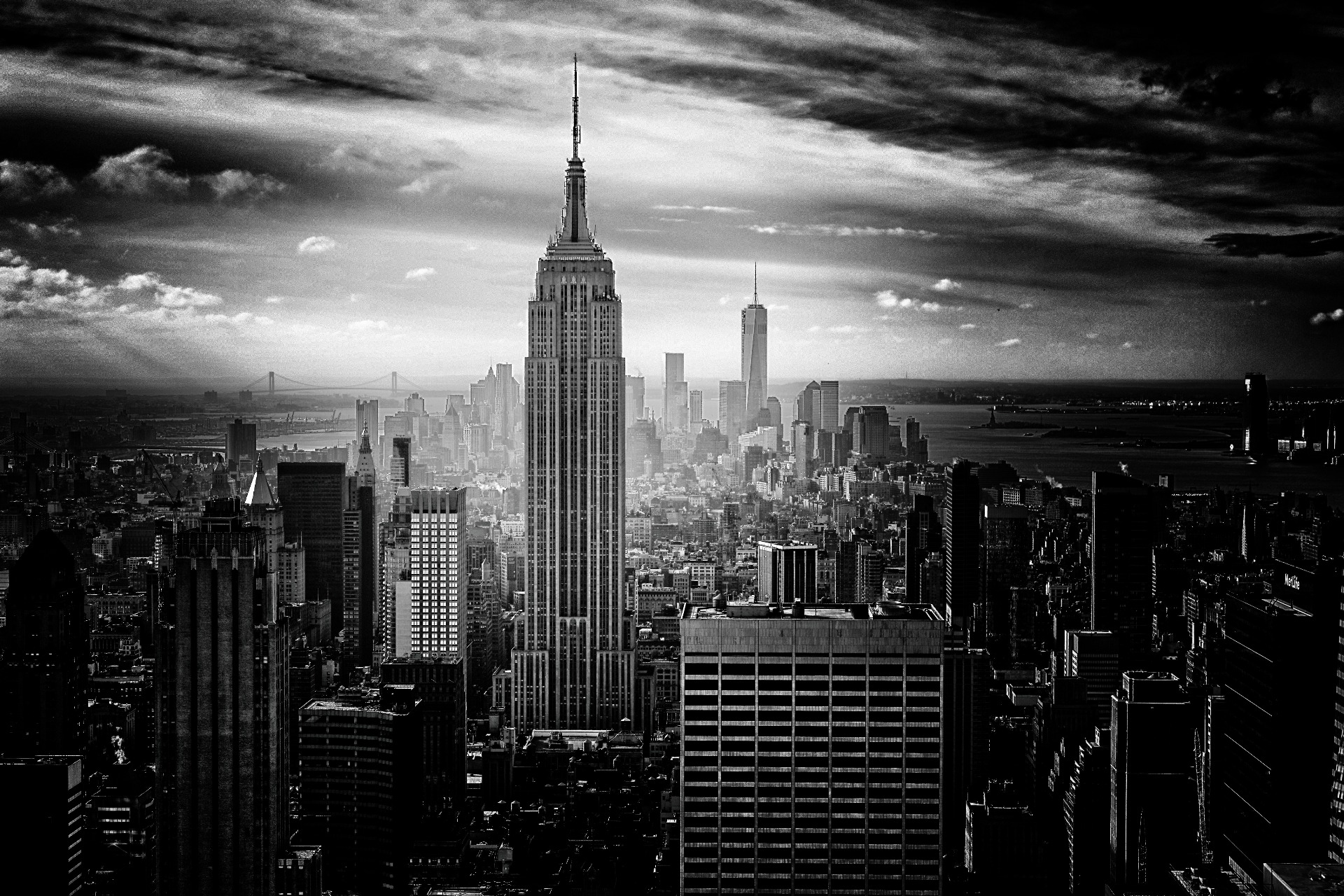African-American Experience
....
Understanding The Black Experience In America

One of the disturbing aspects of the black experience in America is the loss of black culture and identity that is that is shaped over time. Maafa, also known as the African Holocaust, defines the motives behind this pattern, which are more complicated than one may think. After a couple of generations, immigrants such as the Italians are incorporated into dominant culture of whites. The slave trade meant that African Americans weren't considered immigrants and did not have the same rights as other people to become part of American society. Even after slavery, their integration into American culture was marred by the racism of both legal and social. This lack of social interaction has meant that blacks in America have not been integrated and remain distinct. Chinese Americans, for example are often isolated areas where they are able to preserve their identity and culture. African Americans are not African or American in the truest meaning of the term, despite sharing many of the same beliefs, customs and religions as the majority of white American. Although African Americans have carved out their distinct culture this culture still fights for recognition due to the ongoing effects of Maafa.
Maulana Karenga claimed that the destruction of human potential required redefining African humanity for the world as well as poisoning the past and current relationships with people who only understand us by stereotyping which in turn, severing true human relations among peoples. Within this context the slavery system destroyed the identity of the blacks who were enslaved as well as the subsequent generations. Maafa also deprived blacks of their rights through legal and social channels. Because from this loss of culture the country is plagued by a psychological issue that is that is a result of Maafa where blacks constantly try to establish, reaffirm, or discover their identity and identity, only to discover that the efforts fail due to the fact that Maafa has an erosive impact on black culture and tradition. This pattern is evident in the difficulties of Black cultural movements within the US.
Harlem Renaissance
In the 1920's and 1930's, Harlem Renaissance was a period of African American culture flourishing in the arts of creativity. The impact of historical perspectives on the writings produced during the Harlem Renaissance is evident when analysing the influences on the writers especially a variety of cultural, social and artistic trends that emerged in the preceding decades. The Harlem Renaissance literature was influenced by Harlem Renaissance African American authors. This was a result of the African American social movement, primitivism and cultural separation from Europe. To find out more information about visit, you must check out black finances website.
Black vs African
The word African American became more common in American usage in the 1990s and the 1980s. Jesse Jackson, a leader in the fight to give identity to African Americans within America is one of the leading figures. Instead of serving as an unifying force in the field of the American culture, the idea of African Americans became a division and point of contention due to the ambiguities attached with the concept. The issue was brought to the forefront through Barrack Obama as well as Alan Keyes in 2000's election campaign.
During the campaign, the discussion was brought to the forefront as Alan Keyes, the black Republican challenger for the Senate seat in Illinois asked whether Obama. Obama, ... should assert the African-American heritage. "Barack Obama is claiming to be of African-American heritage," Keyes said on the ABC program "This Week". "Barack Obama is of the same race, that is I share his physical characteristics. We are not from the same family." "My ancestors toiled in slavery in this country," Mr. Keyes said. "My awareness of who and what I am, as a person, was shaped by my struggle with that heritage, deeply emotional, and deeply painful." (African American Registry 2015).
Mr. Keyes and Mr. Obama, at the time pointed out the more fundamental issue of defining African American Identity. In the beginning of the 90s, blacks took up the cause of African Identity which can be seen in the Million Man March, African clothes and art that were becoming popular. The key figures, like Oprah Winfrey who promoted African American literature played a key role in this movement for claiming African American identity. This period culminated in the presidency of Barack Obama in 2008. However, the problems of identifying African American culture and identity remained which seems to always lead back to slavery and the ongoing impacts of Maafa which stripped culture and identity.
Conclusions
Without any other explanations for this there is no doubt that there is a fundamental force in African American society that makes it difficult to identify the culture and identity of African Americans. Maafa and the ongoing consequences of systemic racism create the sole possible explanation for African Americans who remain disenfranchised culturally compared with other groups in the US. The experiences of the African Diaspora and people who have been marginalized, Maafa, and a victim of discrimination highlights the distinctions between African Americans and people from other countries, such as Italian Americans, who are able to tap into a long and rich culture and history. Although there is a common idea of the blackness of people and a sense of identity that pervades all black members of the community, the culture and identity remain in the development of America.
